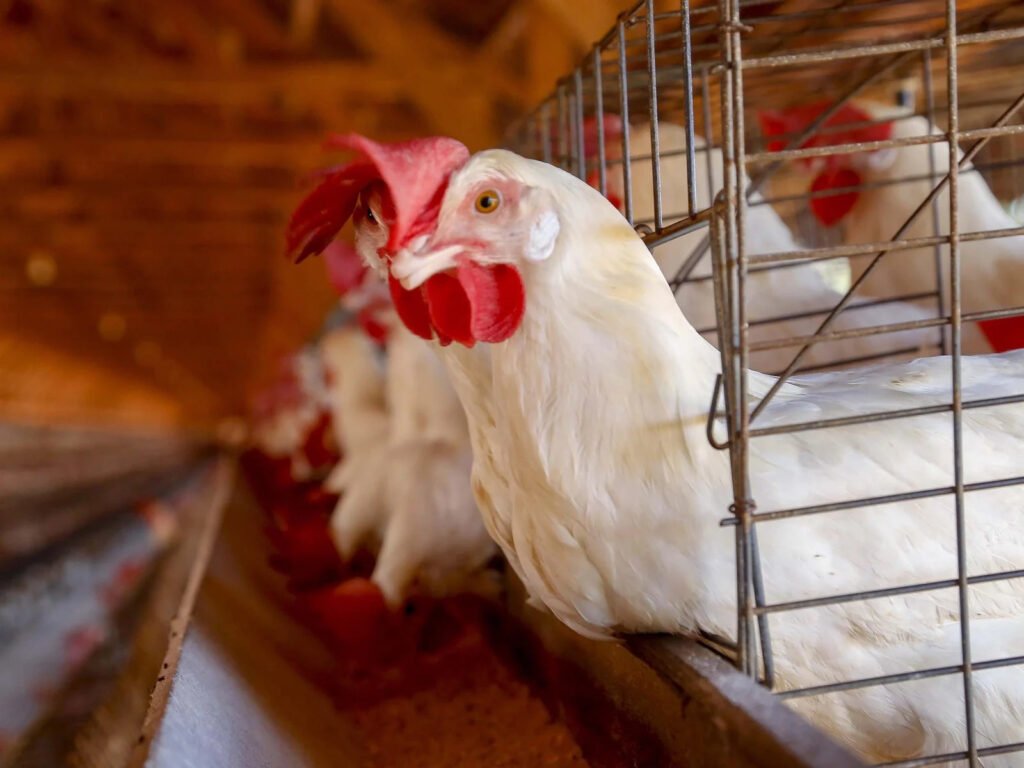May 16, 2025 – Porto Alegre, Brazil
For the first time, Brazil has confirmed the presence of highly pathogenic avian influenza (HPAI) in a commercial poultry facility, marking a pivotal shift in the country’s animal health status. The outbreak occurred at a breeder farm in Montenegro, Rio Grande do Sul—a key hub in Brazil’s poultry supply chain.
In immediate response, the Ministry of Agriculture and Livestock (Mapa) has declared a 60-day animal health emergency and implemented stringent containment measures to prevent further spread of the virus.
🔍 What’s Happening?
The disease was previously restricted to wild and backyard birds, but its presence in a commercial production system signals a new level of risk for Brazil’s poultry sector and global poultry trade.
China has already announced a 60-day suspension on poultry imports from the affected region—a move that may trigger similar reactions from other trade partners.
📉 Implications for Global Poultry Trade
Brazil is the world’s leading exporter of poultry meat, accounting for nearly 38% of international trade. In 2024, the country exported 5.294 million tonnes of chicken meat, valued at US$9.928 billion—a record high.
This outbreak poses potential disruptions to Brazil’s export flows, especially amid rising scrutiny from major importing countries.
🛑 Measures Taken
The government has activated its National Contingency Plan for Avian Influenza, including:
- 10-km containment zone around the outbreak site
- Quarantine and movement restrictions
- Culling of birds for sanitary reasons
- Enhanced clinical inspections and lab testing
- Immediate notification to WOAH, health and environment ministries, and trade partners
“Consumers remain safe,” assured Mapa. “There is no risk of transmission through cooked poultry or eggs.”
🧪 Prevention and Monitoring
Brazil’s veterinary authorities have long maintained a robust avian influenza surveillance system, including:
- Wild bird monitoring
- Farm inspections
- Technicians’ training
- Awareness campaigns
These efforts had kept Brazil’s commercial poultry sector HPAI-free for nearly two decades, a status now officially changed.
🌍 Why It Matters for the Dairy Sector
Though avian influenza directly impacts poultry, outbreaks like this can ripple through adjacent sectors, including:
- Feed supply chains (shared between poultry and dairy)
- Consumer confidence in animal-origin foods
- Export logistics shared across meat and dairy ports
Dairy producers, especially exporters, are advised to remain vigilant as sanitary and trade protocols tighten globally.
